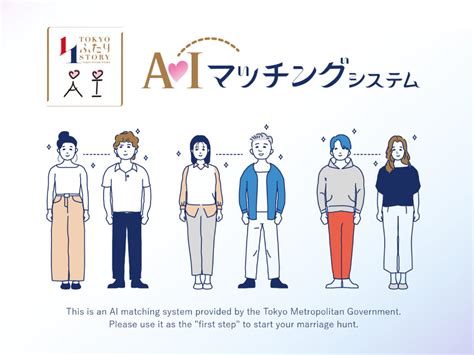Tokyo’s government has decided to tackle Japan’s declining birth rates by launching its own dating app. While this move is innovative, it raises many questions and elicits a range of reactions from the public, as evidenced by the heated discussions online. Some see it as a necessary intervention to reverse the trends, while others are skeptical about its potential impact and concerned about privacy and personal freedoms.
One of the noteworthy points made is how government initiatives sometimes have better incentives compared to private-sector solutions. Private dating apps, driven by profit, might prioritize user engagement and retention over actually creating long-lasting relationships. The government, on the other hand, aims to foster family formation and increase birthrates, which aligns well with the overall social good. However, as with any government intervention, the risks of inefficiency, invasion of privacy, and excessive regulation loom large.
The most significant barrier to addressing the falling birthrate, however, seems to lie not within the availability of dating platforms but deeper societal issues. A recurring theme in the comments is the strenuous work culture in Japan, which leaves individuals with very little time or energy for personal life. As one commenter aptly put it, ‘Maybe they should focus on helping people work less, so they have more time to… get bored, and find someone.’ Indeed, Japan’s infamous work culture often results in long hours and little personal time, making it challenging for people to balance work and relationships.
The conversation also opens up broader reflections on why individuals today might hesitate to have children. Economic uncertainties, such as housing costs and job security, play a significant role. The fear that the future will hold even fewer opportunities for the next generation due to the rise of AI and global economic shifts is profoundly unsettling. Some comments were particularly poignant, capturing the sentiment that bringing children into a world facing severe environmental and societal challenges seems irresponsible to some potential parents.
Further delving into the societal fabric, we see another layer of the issue—the increasingly lonely lives and the fraying of community support networks. Raising a child is far more challenging without a robust support system, and modern life, with its focus on individualism and nuclear families, offers little of the kind of communal child-rearing that was more common in previous generations. This is compounded by the fact that the traditional notion of ‘go outside and play, come back for dinner’ seems impractical for today’s parents due to various safety concerns and societal pressures.
Analyzing the technical aspect of the proposed dating app, one intriguing idea floated was the alignment of incentives. Commenters discussed the misalignment inherent in current private dating apps which lose revenue once a match is successful. On the other hand, a public service dating app could be structured differently, incentivizing successful matches. The suggestion of using an escrow system where individuals pledge donations upon leaving the app due to finding a match could also be explored, making the process more transparent and potentially more successful.
Yet, even if the dating app were successful, it cannot single-handedly resolve the birthrate issue without broader societal reforms. Lowering work hours, creating more supportive community structures, and addressing economic anxieties are crucial steps that must be taken in parallel. A government can build the most sophisticated dating app, but its effectiveness will be limited if the underlying social issues remain unaddressed. If Japan can tackle these multifaceted challenges effectively, it may set a precedent for other nations facing similar demographic issues.


Leave a Reply